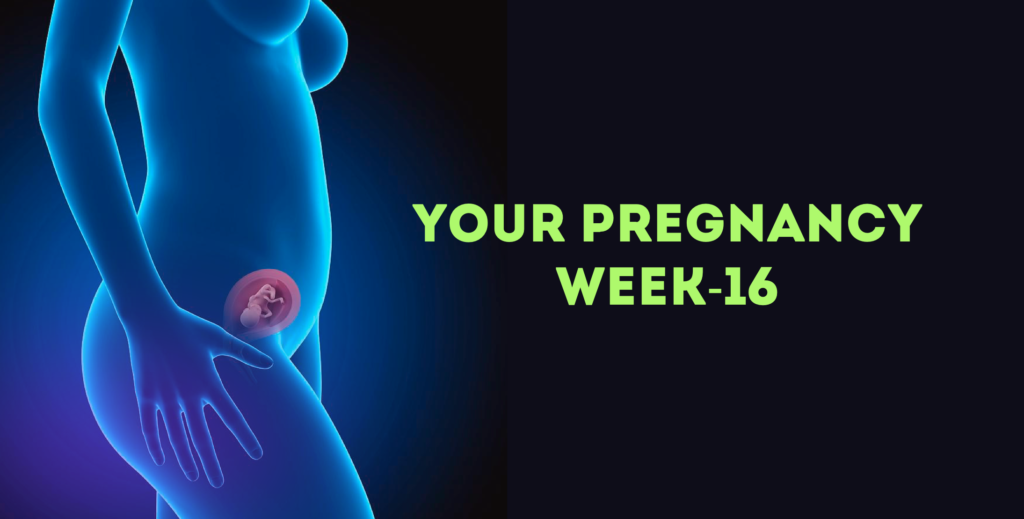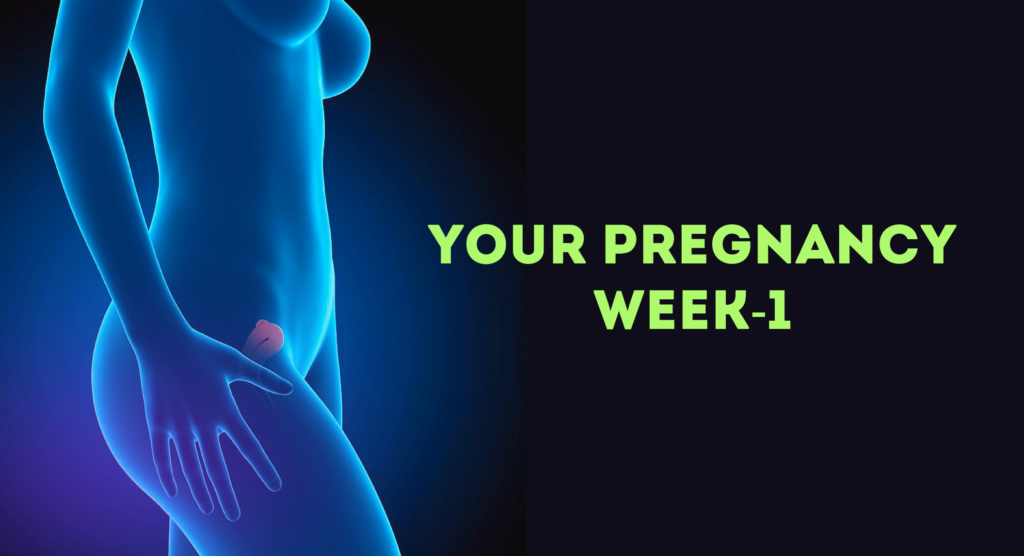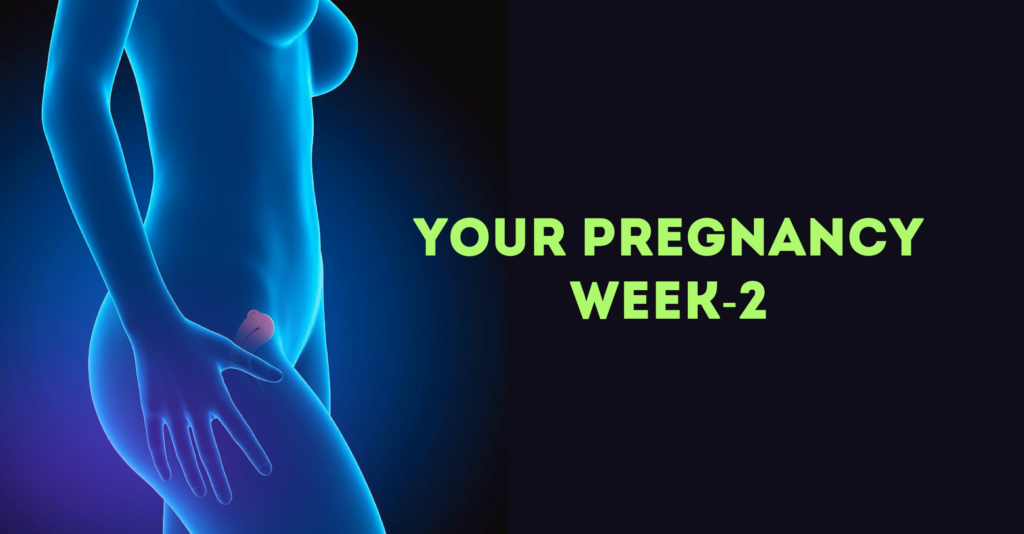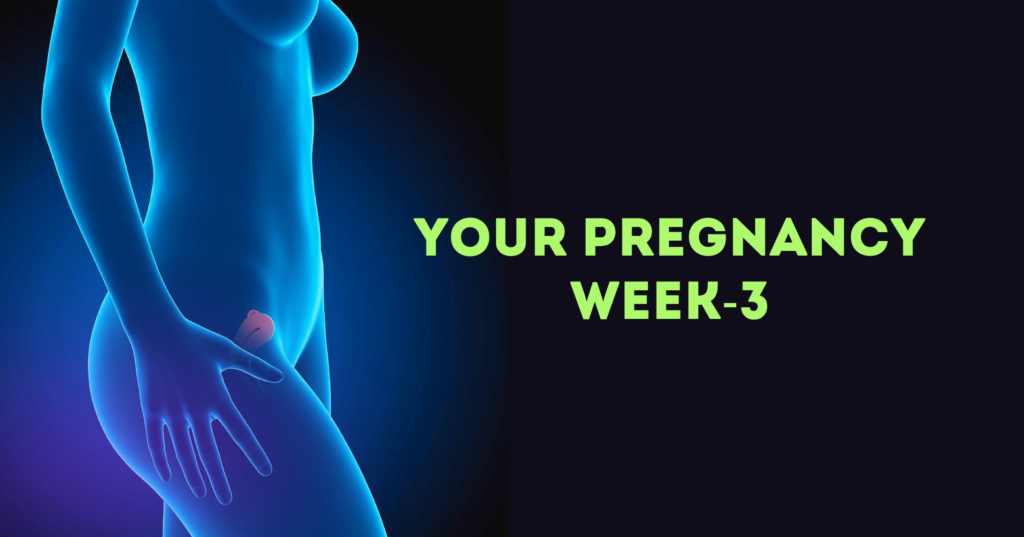At 16 weeks pregnant, you’re in your second trimester, a time when many women feel more energetic and comfortable. Your baby is growing rapidly, and so is your belly! This week marks several significant developments in both your baby’s growth and the changes in your own body. Understanding these changes can help you better connect with your pregnancy journey and manage the evolving symptoms effectively.
Key Takeaways at 16 Weeks Pregnant
- Rapid Baby Growth: Your baby is developing more distinct features and becoming more active.
- Visible Belly Bump: Your bump is more noticeable as your uterus expands.
- Pregnancy Symptoms: Common symptoms include nasal congestion, backaches, and round ligament pain.
- Baby Movements: Some may start to feel early baby flutters, known as “quickening.”
- Healthy Habits: Staying active and maintaining a balanced diet can help manage pregnancy discomforts.
Pregnancy Symptoms During Week 16 and How to Manage
At 16 weeks pregnant, your body is undergoing various changes, which can bring about different symptoms. While many women feel more energized during this phase, it’s essential to know what to expect and how to handle these changes.
1. Nasal Congestion
Hormonal changes and increased blood flow can cause your nasal passages to swell, leading to congestion. This condition, called pregnancy rhinitis, might feel similar to having a cold.
How to Manage:
- Use a humidifier in your room to keep the air moist.
- Stay hydrated to thin mucus in your nasal passages.
- Avoid irritants like smoke or strong scents that might worsen congestion.
2. Round Ligament Pain
As your uterus expands, the ligaments supporting it stretch, causing sharp pains or discomfort in your lower abdomen or hips.
How to Manage:
- Change positions slowly, especially when moving from sitting to standing.
- Gentle stretching or prenatal yoga can help ease the pain.
- Rest when needed, and avoid sudden movements that could strain the ligaments.
3. Backaches
The additional weight of your growing baby and shifting center of gravity can lead to lower back pain.
How to Manage:
- Practice good posture by keeping your shoulders back and avoiding slouching.
- Use a supportive chair when sitting and consider a pillow for extra lumbar support.
- Low-impact exercises like swimming or walking can strengthen your back muscles.
4. Breast Changes
Your breasts might feel fuller and more sensitive due to the preparation for milk production.
How to Manage:
- Wear a supportive maternity or sports bra for added comfort.
- Avoid bras with underwires that can add unnecessary pressure.
- Moisturize your skin to relieve itching as your breasts grow.
5. Frequent Urination
Your growing uterus is starting to press more on your bladder, leading to increased trips to the bathroom.
How to Manage:
- Empty your bladder completely each time you go to the restroom.
- Avoid diuretics like caffeine, which can increase urination.
- Plan bathroom breaks to reduce discomfort when you’re on the go.
6. Increased Appetite
With your baby growing rapidly, you might notice a boost in your appetite.
How to Manage:
- Eat balanced meals with a focus on nutrient-rich foods like lean proteins, whole grains, and fresh fruits.
- Incorporate healthy snacks between meals to maintain your energy levels.
- Stay hydrated, as sometimes thirst can be mistaken for hunger.
7. Mild Swelling
You may start to experience mild swelling in your hands, feet, or ankles due to increased blood flow and fluid retention.
How to Manage:
- Elevate your feet whenever possible to reduce swelling.
- Wear comfortable shoes with good arch support.
- Stay active with light exercises like walking to improve circulation.
8. Leg Cramps
Leg cramps are common due to changes in circulation and added pressure on your legs from the growing uterus.
How to Manage:
- Stretch your calf muscles before bed to reduce the likelihood of cramps.
- Ensure you’re getting enough magnesium and calcium in your diet.
- Massage or apply a warm compress to ease cramping when it occurs.
General Tips for Managing Week 16 Pregnancy Symptoms
- Rest: Make sure you’re getting plenty of rest to support your energy levels and overall well-being.
- Exercise: Engage in regular, moderate exercise to boost circulation and alleviate discomforts like back pain or leg cramps.
- Hydration: Drinking plenty of water can help manage symptoms like swelling, nasal congestion, and appetite control.
Staying aware of your symptoms and how to manage them can make a significant difference in your comfort and health as your pregnancy progresses into the second trimester. If any symptoms become severe or worrisome, be sure to consult with your healthcare provider.
How Many Months is 16 Weeks Pregnant?
At 16 weeks, you’re about four months pregnant. This marks the early part of your second trimester, a phase often associated with more energy and fewer pregnancy symptoms as your body adjusts.
How Big is My Baby at 16 Weeks?
At 16 weeks, your baby is approximately the size of an avocado, measuring around 7.32 inches in length from head to toe and weighing about 5.15 ounces. Your baby is growing rapidly, with continued development of features and body systems.
Baby Development at 16 Weeks
At 16 weeks, your baby is growing at a remarkable rate, making significant strides in development. Here’s a closer look at what’s happening with your little one during this stage:
Muscles and Movements
Your baby’s muscles are strengthening, and they’re becoming more active inside the womb. Although you may not feel the movements just yet, your baby is already kicking, twisting, and turning. They’re also practicing reflexes like sucking and swallowing, which will be important after birth.
Developing Facial Features
The facial features are becoming more defined. Eyes are moving closer to the front of the face, and the ears are nearly in their final position. Facial muscles allow your baby to start making expressions like frowning or squinting.
Sensory Development
The tiny bones in your baby’s ears are forming, which means they may soon be able to hear your voice and other sounds from outside the womb. The sense of taste is also developing as taste buds form on the tongue, although they won’t be fully functional until later.
Skin and Hair
Your baby’s skin at 16 weeks is still thin and transparent, but it’s starting to be covered with a layer of fine hair called lanugo. This hair helps to regulate body temperature and protect the skin. The eyebrows and hair on the scalp are also beginning to grow.
Heart and Circulatory System
The circulatory system is functioning well, with the heart pumping around 25 quarts of blood per day. You might be able to hear the heartbeat during your prenatal visits using a Doppler, and it sounds much faster than an adult’s heartbeat.
Genital Development
For many parents, 16 weeks is an exciting time because the baby’s genitalia are developed enough that the gender might be visible on an ultrasound. However, it can sometimes be tricky to get a clear view, so patience is still needed until the anatomy scan at around 20 weeks.
Your Pregnant Belly at 16 Weeks
At 16 weeks, your pregnant belly is becoming more noticeable as your uterus grows and rises higher in your abdomen. You may feel a rounder bump, and for some, this is the stage when maternity clothes become more comfortable.
Pregnancy Checklist at 16 Weeks Pregnant
- Schedule Prenatal Appointments: Ensure you’re on track with prenatal visits.
- Focus on Nutrition: Incorporate foods rich in calcium and iron.
- Start Kegel Exercises: Strengthen your pelvic floor.
- Think About a Birth Plan: Begin considering your preferences for labor and delivery.
- Stay Active: Moderate exercise like walking or swimming can help maintain energy levels.
To-Do’s for Dad
- Support Healthy Habits: Encourage a balanced diet and exercise.
- Attend Appointments: Accompany your partner to prenatal visits.
- Connect with the Baby: Start talking or reading to the baby to bond.
- Plan for Changes: Discuss the future and plan for upcoming changes in your lifestyle.
Frequently Asked Questions (FAQs)
1. When will I start feeling my baby’s movements?
Most women begin to feel the baby move, known as “quickening,” between 16 and 20 weeks.
2. Is it normal to feel light cramps at 16 weeks?
Yes, mild cramping can occur as your uterus expands. However, if you experience severe pain, contact your healthcare provider.
3. Can I find out my baby’s gender at 16 weeks?
Gender determination is possible during an ultrasound at 16 weeks, but the most accurate time is the 20-week anatomy scan.
4. Is it safe to exercise at 16 weeks pregnant?
Moderate exercise like walking or prenatal yoga is generally safe, but always consult your doctor before starting any new routine.



